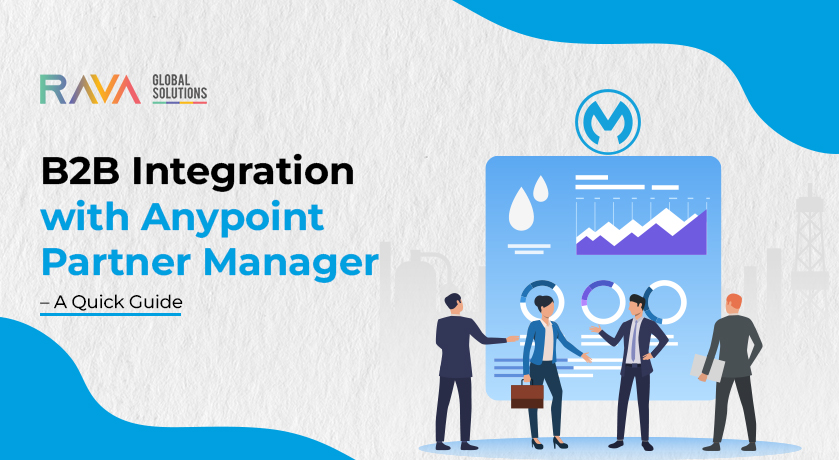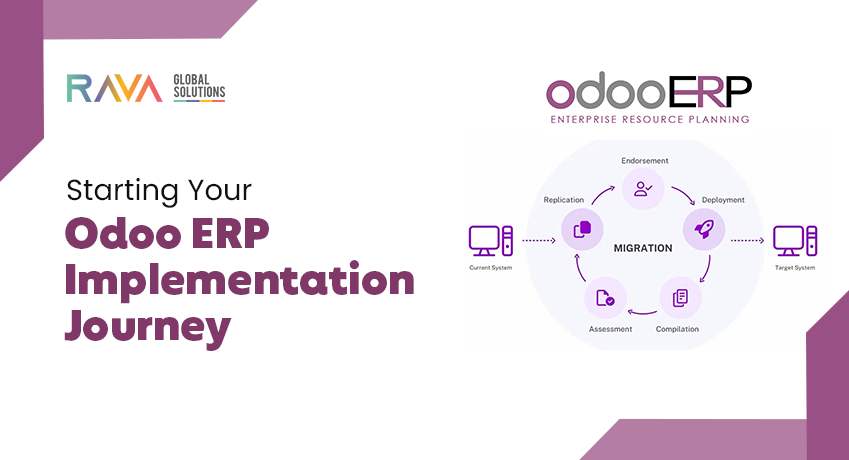Anypoint Partner Manager streamlines B2B integration, allowing secure, two-way data exchange (APIs, EDI) across various protocols (HTTPS, SFTP, AS2) and supporting multiple formats (X12, JSON, XML). This blog explains more in detail about Anypoint Partner Manager.
Key Features of Anypoint Partner Manager (APM)
1. Quick Partner Onboarding
Easily integrate partners using low-code or no-code options, reducing the time it takes to onboard from months to weeks.
2. Modern B2B Communications
Use both new API-led integration and traditional EDI to ensure flexible and scalable communication.
3. Easy Partner Management
Allow business users to manage partner interactions without needing technical skills.
4. Support for Multiple Protocols and Formats
Meet different communication needs with support for HTTP(S), FTP, SFTP, AS2, JSON, XML, CSV, and EDI formats.
5. Strong Failure Recovery
Reduce risks with Transaction Replay, which automatically retries failed transactions to keep operations running smoothly.
Partner Manager Architecture
With Anypoint Partner Manager, you can easily deploy B2B integration flows on either MuleSoft CloudHub or Anypoint Runtime Fabric! The great news is that the setup and user experience are similar on both platforms, so you won’t have to learn a whole new process. Just keep in mind that the technical details of how they run are a bit different.
When deploying a configured message flow, Partner Manager takes the initiative to automatically generate and deploy a comprehensive suite of Mule applications designed to streamline and manage end-to-end B2B processing. Below is a detailed description of each key service involved in this orchestration:
1. Receive Endpoint Services
These services are crucial for managing the intake of B2B/EDI messages from partner systems, utilizing protocols such as AS2 and SFTP. In addition, they handle outgoing application messages originating from internal systems over various protocols, including HTTP, HTTPS, and SFTP. This dual capability ensures a seamless connection between external partners and internal applications.
2. Document Processing Service
Acting as the backbone of the message processing workflow, this service is responsible for the intricate tasks of parsing, validating, and transforming B2B messages. It operates based on specific configurations and mappings that are defined in advance, ensuring that messages are accurately interpreted and appropriately formatted for further processing.
3. Replication Service
To uphold the integrity and transparency of the entire B2B processing system, the Replication Service plays a vital role in tracking transmissions and transactions. It meticulously logs details across the control plane and payload storage, fostering accountability and providing an audit trail that can be referenced if discrepancies arise.
4. Send Endpoint Services
Once messages have been transformed and are ready for distribution, these services take over the task of delivering the newly formatted application messages to various internal systems, such as ERP, billing, and order management. Moreover, they facilitate the outbound transmission of B2B/EDI messages back to partners using protocols like AS2, HTTP, HTTPS, and SFTP, ensuring that communication flows efficiently and reliably in both directions.
This comprehensive approach ensures that the entire B2B processing framework operates smoothly, creating a robust environment for managing complex business interactions.
Final Thoughts
Anypoint Partner Manager empowers organizations to strengthen partnerships, accelerate business growth, and maintain a competitive edge in today’s interconnected market. By streamlining B2B integrations, this essential tool facilitates seamless collaboration with partners.









